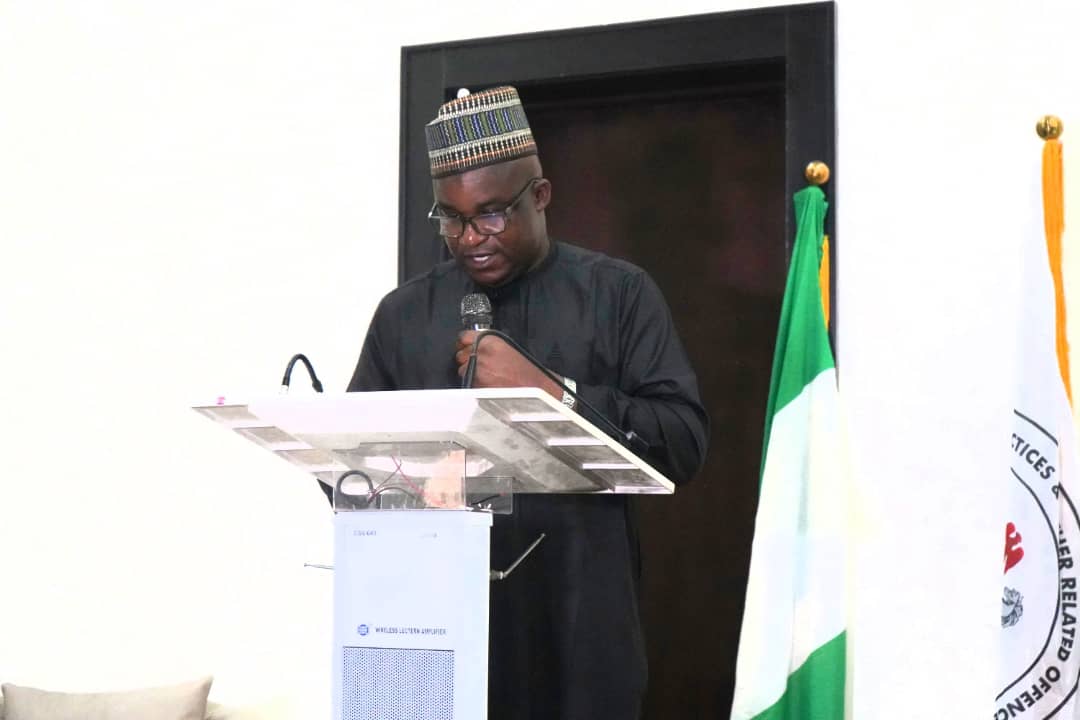The Independent Corrupt Practices and Other Related Offences Commission (ICPC) has said that the private sector contributes over 60 percent to illicit movement of money out of the country, and also stated that it is working towards deploying technological tools that would identify, monitor and curb Illicit Financial Flows (IFFs) in the country.
This disclosure was made by the ICPC Chairman, Professor Bolaji Owasanoye (SAN) at a one-day meeting to review the Draft Model Financial Transparency Code for the Private Sector.
Owasanoye, who was represented at the meeting by the Secretary to the Commission, Professor Musa Usman Abubakar, noted that ICPC, in conjunction with the Inter-Agency Committee for Stopping Illicit Financial Flows (IFFs) had undertaken a range of activities including research to better appreciate the nature of IFFs in Nigeria.
He added that Commission was also focusing on the extent of incidences of IFFs in key sectors like oil and gas, education, real estate as well as taxation, investment and contract negotiation.
He said, “these activities have enabled members to gain a better understanding of IFFs from the perspective of other agencies. The key focus of the meeting was to review and make inputs to a draft code developed for the private sector which will go a long way in tackling IFFs”.
The lead presenter, Dr. Kolawole Ebire, while presenting the code, said it was aimed to improve transparency in the private sector which contributes about 60 percent of total IFFs in the country.
“The objective of this Model Financial Transparency Code for the Private Sector is to strengthen the prevention mandate of ICPC with a focus on combating IFFs to diminish the loss of private revenue on commercial transactions. Additionally, the transparency code will improve accountability among private owned businesses” he said.
He listed the key features of the code to include the provision of a checklist of all codes to enable enterprises to assess their level of transparency, provision of risk assessment to the private sector on their enterprises, development of an anti-corruption programme that will include policies and procedures for members, and the application of the anti-corruption programme to business partners.
He further listed internal control system and record keeping, provision of incentives, ethics and compliance, seeking guidance-detecting and reporting violations and promotion of consistent and timely disclosure in connection with financial transactions amongst others as other key features of the code.

